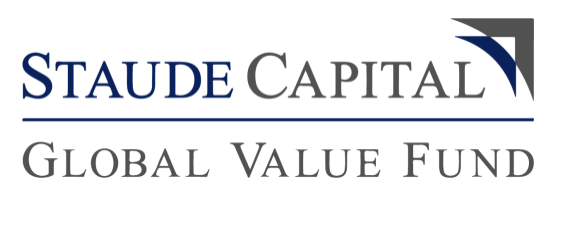‘Value capture manager’ keeps firms on their toes
Andrew Main – The Australian – March 11, 2014
AMID all the legions of fund managers explaining how they can beat the index for you and facilitate your comfortable retirement, there are very few who call themselves value capture managers.
Miles Staude is one such, an Australian who has been running his Metage operation out of London since 1998.
“We’re an activist manager,” Staude says, indicating that he’s never happier than when shaking up lazy corporates to extract more value for investors, often by requisitioning meetings and spilling their boards.
And he does it across the world, suggesting our lazy managers are no idler than the global norm. “We don’t often get the glory but we usually make money,” he says.
And what’s he doing in Australia, besides visiting family (his father being veteran mining identity Warren Staude)?
He chooses his words carefully, given the tough rules about soliciting investments, saying: “We’ve observed there’s a lot of demand for offshore products like ours in Australia.”
And no wonder. His fund, the Metage Emerging Market Opportunities Fund, is an open-ended hedge fund whose portfolio has delivered 19.5 per cent gross return per year, before deducting fees and expenses admittedly, since its inception in 1998.
“We specialise in buying discounted assets globally,” he says. “Over 80 per cent of clients’ net assets are invested in closed-end funds which can provide substantial discounts to observable underlying value.”
In other words he’s an arbitrageur, combing markets for companies that are trading below net asset value.
And he’s not shy of playing against the big boys. He helped trigger the unwinding of the Macquarie International Infrastructure Fund, registered in Bermuda and listed in Singapore, early in 2013 because of a big discount to net asset value. Its holdings included stakes in Taiwan Broadband Communications, one of the island’s largest cable television infrastructure owners, and Changshu Xinghua Port, a cargo port in eastern China.
“For some reason the affair went almost entirely unreported in Australia,” he says, which is surprising given the particularly un-dazzling performance of the units.
Having been issued in 2005 at $S1 a share, they sagged to below a third of their issue price in early 2009. By the end of September 2012 the price had recovered to around the S60c level, not least because Metage and others had been buying, but that was still a 24 per cent discount to NAV. It had been as wide as 39 per cent on September 30, 2011.
“We and a co-investor called a special general meeting to alter the composition of the board and review the fund’s strategic direction,” Staude says.
A circular they sent to shareholders noted the incumbent board members had seen their remuneration rise by 45 per cent since the company was listed, despite its market value falling over that time. “Given the legacy of the current board, we believe it is now time for a change,” it said.
“As a result the board initiated an external independent strategic review of the fund and adopted its proposal for a managed wind-down of the vehicle.
“During the process Metage was able to exit most of its holding at around net asset value,” he points out, which is a dry way of saying Metage had a significant win against one of the canniest bunches of investors ever to come out of Australia.
It’s not always so easy, he indicates, noting that the mere appearance of Metage on the register of some US closed-end funds causes them to decide suddenly to incorporate in Delaware, the state whose corporate laws are kindest to incumbent boards. “In certain circumstances the board has the right to ignore a shareholder vote,” he says, although US federal law takes a different view.
A clue to his visit to Australia is the note in a presentation that Metage “has a position” in an Australian listed equity fund bought at a discount to NAV of between 25 per cent and 30 per cent.
He’s under no obligation to report a holding of less than 5 per cent and he’s giving nothing away except to say, “The portfolio comprises blue-chip overseas shares and the NAV risk can be readily hedged with similar ETFs, which typically trade at a premium to NAV.” Which is to say, he’s got the bases covered.
Miles Staude of Staude Capital Limited in London is the Portfolio Manager at the Global Value Fund (ASX:GVF). This article is the opinion of the writer and does not consider the circumstances of any individual. Mirabella Financial Services LLP is the investment manager of the Global Value Fund and has seconded the investment team at Staude Capital to manage the Global Value Fund.
